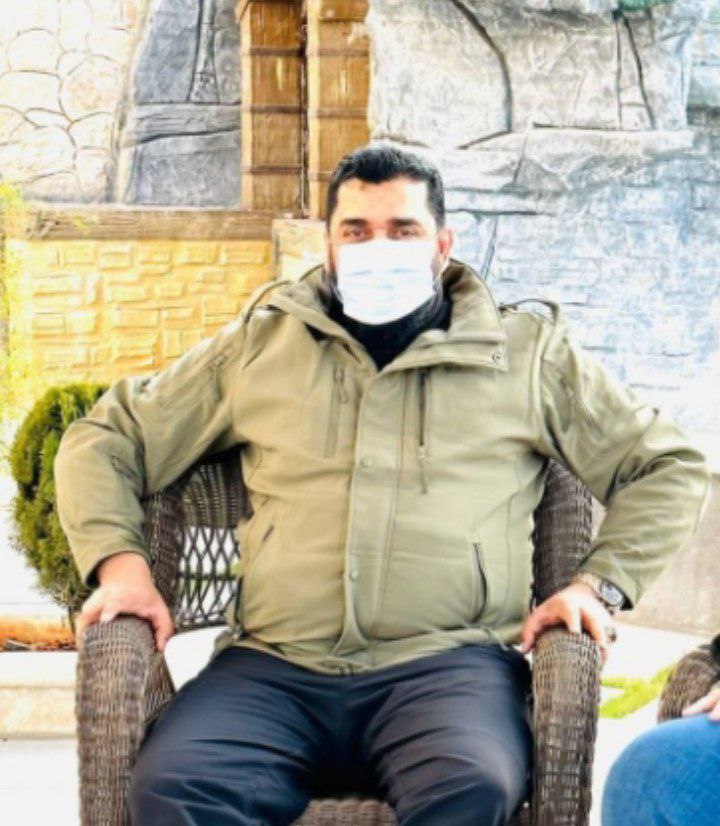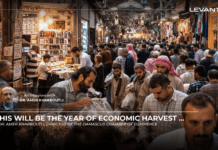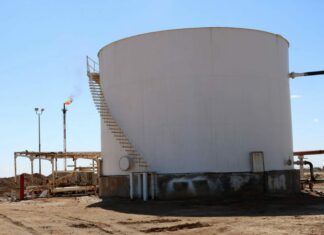
Thursday, 17 August, Haya Tahrir al-Sham (HTS) released an official statement addressing the issue of one of its founders, Muyassar Ali al-Juburi, better known as Abu Maria al-Qahtani, about whom rumors had been circulating on various social media platforms in the weeks prior.
The statement revealed that a special commission had been convened to address some issues that had arisen during the course of investigations by HTS’ security apparatus. Qahtani and the commission met where he was questioned regarding what the statement called “mistakes regarding some of his communications.”
The special committee discovered that Qahtani had engaged in some communications, which given the security and sensitivity involved with his position and work, was inappropriate without him first consulting with, and gaining permission from the general command of HTS. It was the recommendation of the commission that Qahtani be relieved from his responsibilities and duties until the issue could be clarified transparently and completely resolved.
The statement also clarified that it is the responsibility of HTS to ensure the safety and security of the liberated areas, the Syrian people, and the revolution and these are at the forefront of its obligations. It also said that clarifying and explaining matters, especially in the face of malicious social media campaigns intended to spread confusion and doubt and tarnish the image of the revolution, was incumbent upon the group and that such issues should be confronted and investigated in light of Islamic principles and rulings.
In closing, it was advised that whenever faced with rumors and speculations, people should seek information from direct and proper sources and not fall prey to propaganda and rumors widespread on social media intended to cause discord and mislead the people and youth.
Qahtani, originally from Iraq, has been active in the Syrian arena since 2011 and has been active in recent years in countering groups such as ISIS, even going as far as to advise al-Qaeda (AQ) to dissolve, as Islamic resistance movements shift from transnational global struggles to localized regional ones.








